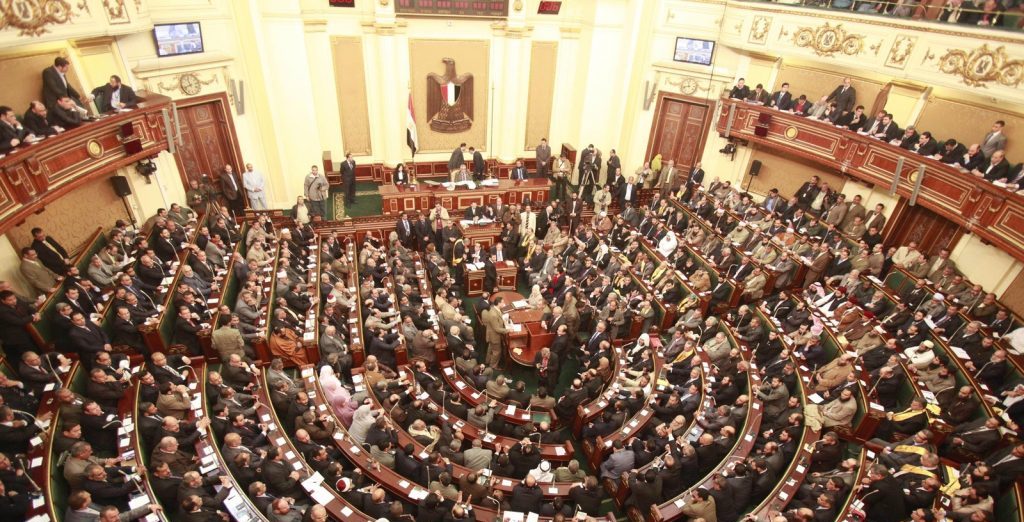House gives final approval to PPP Act amendments

It’s about to get easier for the private sector to bid for public infrastructure projects after lawmakers yesterday gave final approval to amendments designed to encourage more public-private partnerships (PPP). Changes to the PPP Act passed by the House yesterday explicitly allow public entities to partner with private companies on transport, energy, communications and healthcare projects, and introduce new mechanisms to simplify the process.
What does the bill entail? Companies are now allowed to submit unsolicited proposals and negotiate directly with public sector entities for contracts, circumventing the traditional competitive bidding process, according to a House committee report containing a draft of the law (pdf). The use of PPPs will be expanded to include everything from designing and financing to operations and maintenance, while a previous requirement that was known to slow down the time it takes for the government to enter into contracts has been scrapped. PPP projects will also be made part of the Planning Ministry’s development strategy, while changes will be made to rules governing the post-project engagement period to ensure higher quality standards.
Why is this important? Mobilizing private sector investment through PPPs could go a long way to helping Egypt close its huge infrastructure funding gap, which the World Bank has estimated sits at around USD 230 bn. It would also help address the notion that the state’s growing involvement in the economy, especially through mega-projects, is crowding out parts of the private sector.
BACKGROUND- Passed in 2010, the legislation sought to put in place a regulatory framework to attract more private investment into government projects. Within a year of passing, the government awarded Orascom Construction and Spanish firm Fomento de Construcciones y Contratas a USD 475 mn contract to build the New Cairo wastewater treatment plant.
But since then the model hasn’t caught on in a big way, with few large-scale projects being tendered through PPPs in recent years. Things have picked up in recent months though, with Bombardier, Orascom and Arab Contractors being handed the reins to the Cairo monorail, a number of logistics projects — including the Sixth of October and Tenth of Ramadan dry ports — getting initial approval, and the government turning to the private sector for its USD 2.5 bn desalination plan.
Why the slow progress? Regulatory uncertainties stemming from overlapping legislation, a lack of transparency over how contracts are awarded, an absence of incentives for ministries to turn to the private sector, and unclear dispute resolution mechanisms have all been cited as reasons for why PPPs have not become more common in Egypt.
What’s next? The bill will now make its way to President Abdel Fattah El Sisi to be signed into law before its executive regulations are published in the coming months.